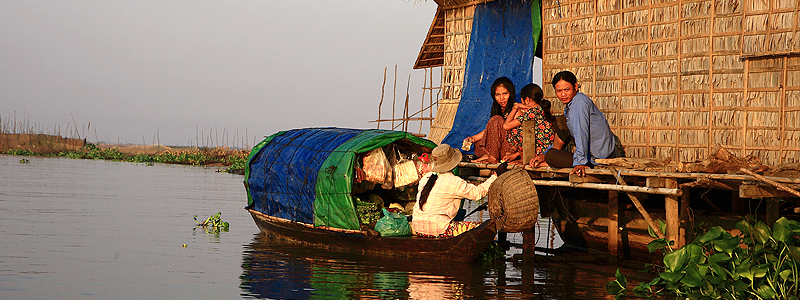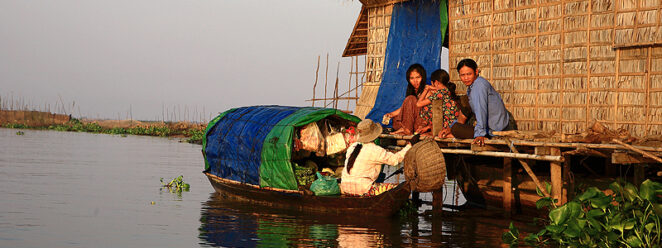Case-study /
Impact of Urban Expansion on Rural Hinterland and Local Responses in the Mekong Region: A Study in Khon Kaen, Thailand


Adaptation challenge
- Rapid and often haphazard expansion of urban infrastructure in the Mekong Region’s towns and cities is leading to health, cultural and environmental impacts.
- The growth of Khon Kaen city in northeastern Thailand has created both positive and negative impacts on its rural hinterlands.
- Urban problems extend beyond the urban areas to the peri-urban and rural hinterlands, as cities usually grow by extracting resources from rural areas for urban consumption and processing.
- Pollution of the suburbs is increasing as solid waste and effluents created in the urban areas are released or dumped into the surrounding hinterlands.
Expected outputs
This study investigates the perceived impacts, both positive and negative, of urbanization on the hinterlands of two secondary urban centers in Thailand and Lao PDR. The research employed a mixed-methodology of both quantitative and qualitative research methods. Khon Kaen city in Thailand and Vang Vieng town in Lao PDR were selected as case studies. Quantitative research methods were used to study the rural-urban linkages and perceptions on urban impacts on the hinterland, while qualitative research was used to study local responses, as well as to identify key issues to refine conceptual framework and questionnaires, and find explanation to key research findings. The research also examined the existing administrative structures that link urban areas to their hinterland and identify challenges due to administrative fragmentation.
Timescale of project
2011-2012
Scope
Thailand
Focal point
Dr. Maniemai Thongyou, Deputy Director Center for Research on Plurality in the Mekong Region (CERP) Khon Kaen University, Thailand Email: maniemai@kku.ac.th
Partners
Maniemai Thongyou, Bounthavy Sosamphanh, Monchai Phongsiri, Thanapauge Chamaratana
Khon Kaen University, National University of Laos
